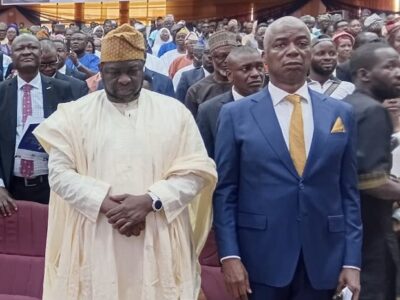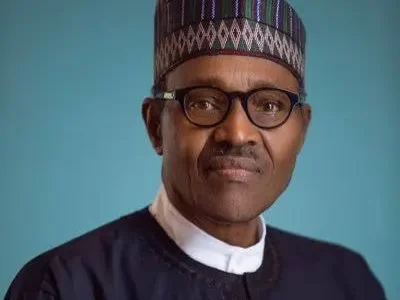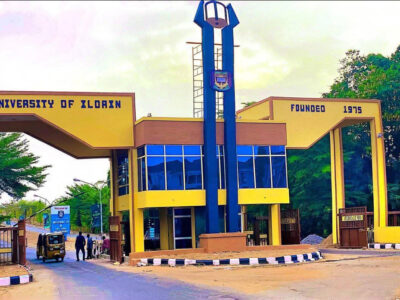The outgoing Nigerian government will likely end petrol subsidy payments by May this year, the WesternPost can authoritatively report.
Subsidy payments have been projected to cost a struggling Nigerian economy about $8bn by the first half of the year.
Nigeria had earlier kept the costly petrol subsidy until mid-2023 and had budgeted N3.36tn ($7.5bn) to finance it, despite multiple calls from International Monetary Fund (IMF) and other international agencies to stop the payments.
Sources close to the government revealed on Tuesday that Nigeria would finally remove petrol subsidy by May this year, the same month President Muhammadu Buhari who would have ruled the country for eight years, leaves office.
Earlier, finance minister Zainab Ahmed had said that the government would begin a gradual removal of the petrol subsidy from April 2023, about three months ahead of the initial plan to effect a complete stop of the payments.
“What will be safer is for the current administration to, maybe at the beginning of the second quarter, start removing the fuel subsidy because it’s more expedient if you remove it gradually than to wait and move it all in one big swoop,” Ahmed said in an AriseTV interview in January.
According to a source in the government, removing the subsidy is top on the agenda of the outgoing President Buhari, in line with his promise to end the expensive line item on the country’s budget.
“I can tell you categorically that this government will remove the subsidy before the president leaves office,” the source said on Tuesday.
“Removing the subsidy is as much an economic issue as it is a legacy issue for Mr. President,” the source said. It is unclear when exactly this removal will take effect.
Nigeria’s President-elect Bola Tinubu had promised to phase out petrol subsidy in his campaign and added that his administration would ramp up oil production and deregulate midstream gas prices within six months in office.
Subsidy removal could go into “well-targeted social spending,” IMF said last month, cautioning that the government’s fiscal deficit could widen further than 2022, mainly due to high petrol subsidy costs.
“Strengthening revenue mobilisation, including through tax administration reforms, expanding the tax automation system and strengthening taxpayer segmentation, and improving tax compliance is also a priority,” the IMF said. (Western Post)










Comments